
Baoshan YUAN is a PhD supervisor and recipient of the special government subsidies from the State Council. He works at ENN-FTRC as the Chief Engineer. Prior to joining ENN, he was engaged in plasma engineering work at the Southwestern Institute of Physics, where he served as deputy director of Device Engineering Laboratory and the Engineering Department. He was awarded the second prize of National Science and Technology Progress Award.

Dr. Peng earned his Ph.D. degree in Applied Physics-Plasma Physics at Stanford University. He carried out plasma physics, fusion engineering and technology R&D at ORNL. He introduced the Spherical Tokamak (ST) confinement concept and served as the Program Director of the National Spherical Torus Experiment at PPPL. Prior to joining ENN, he also worked at the University of Science and Technology of China and the Institute of Plasma Physics, CAS.

Prof. Feng graduated from Shanghai Jiaotong University, majoring in nuclear reactor engineering in 1977. He is doctoral supervisor and Vice-Chief Engineer at Southwestern Institute of Physics (SWIP). He has been in charge of the Chinese ITER HCCB TBM program since 2004 and served as ISFNT ISC member since 2009. His research is focused on theory & design of fusion reactor.

Dr. Liu earned his Ph.D. degree in chemical engineering from Tsinghua University. After joining ENN, he demonstrated successful leadership when in charge of various R&D activities across microalgae bio-energy, energy storage and fusion technologies. Currently, he is President of ENN Energy Research Institute and Director of Fusion Technology R&D Center. He is also the lead for a number of government funded R&D projects and has been granted 60+ patents.
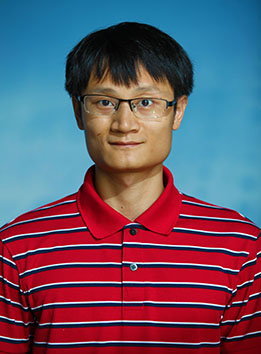
He earned his bachelor’s (2010), master’s (2012), and doctoral (2015) degrees from Zhejiang University and performed post-doctoral research at Peking University. His research interests focus on fundamental and fusion plasma theory and simulation. He has published 20 SCI papers and is the author of monograph “Introduction to Computational Plasma Physics (Science Press, 2018)”.
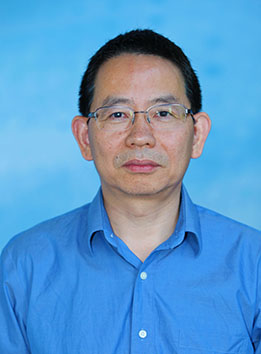
BS of the University of Science and Technology of China, PhD of UC Davis. Developed the world's first ECEI diagnostics system and obtained several leading experimental results. Worked on developing advanced plasma diagnostic technologies and systems and conducting related fusion plasma experiments at UC Davis, UCLA, PPPL, UW-Madison, and TAE Technologies from 1999 to 2018.
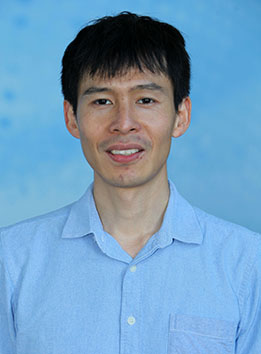
Bing LIU obtained double PhD degree on fusion plasma physics from Universidad Carlos III de Madrid (UC3M) and University of Padova, in the framework of Erasmus Mundus FUSION-DC program, with experience of working in different fusion devices: the TJ-II stellarator (Spain), RFX-mod (Italy), ISTTOK (Portugal), and Heliotron J (Japan); lead a Youth Program of National Natural Science Foundation of China; and now he is responsible for plasma physics experiments at ENN-FTRC.
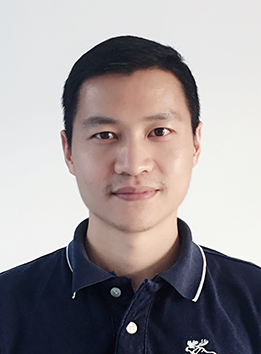
Shaodong SONG received his Ph.D. from Aix-Marseille University. His research focuses on electron cyclotron resonance heating technology and plasma transport physics. He completed one NCFS project and participated in a variety of NCFS and ITER projects. He has published more than 10 papers, and been granted 3 patents. He won the third prize of CNNC Science and Technology Award when he was working at Southwestern Institute of Physics(SWIP).
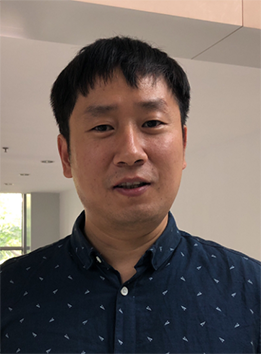
Yuanming YANG received his bachelor degree in thermal energy and power engineering from Harbin Industrial University and master degree in nuclear engineering from Tsinghua university. Now he is responsible for fusion device engineering design. Prior to joining ENN, he had more than 14 years of experience in the nuclear power technology design and the 3rd generation nuclear power technology import. He has participated in three national government funded R&D projects, 2 provincial-level projects and been granted more than thirty patents.
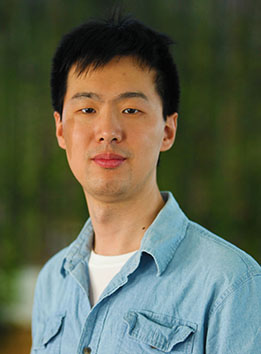
Yang LI obtained his B.Sc. from University of Science and Technology of China, Ph.D. from Iowa State University, United States. He then worked as Postdoctoral Research Associate at Iowa State University and at the College of William & Mary in United States. His main focus now is nuclear physics and computational physics. He has published more than 20 research papers, participated in one US-DOE funded research program and was awarded Gary McCartor Award (2014) and G.W. Fox Memorial Award for Outstanding Research (2016).
Yun-Yang Song graduated from China University of Petroleum (Beijing) with a doctor's degree in materials science and engineering. Her research focuses on designing magnetic coil for fusion device. She has published 3 SCI papers.

Xueyun Wang graduated from the School of Physics of Peking University in August 2020 and joined ENN in August 2022. During the doctoral period, she mainly worked on numerical simulation of edge turbulence and transport of magnetic confinement devices. Now she is involved in the physical design of EXL-50U and EHL-2 and fusion artificial intelligence projects.
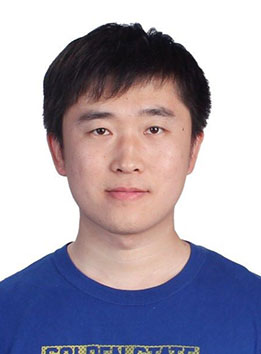
Doctor of University of Science and Technology of China. Visiting scholar of Lawrence Livermore National Laboratory. Excellent Doctoral Dissertation winner of University of Science and Technology of China. President award winner of Chinese Academy of Sciences. He has long been engaged in edge plasma physics and diverter physics simulation and theoretical research. Mainly focusing on the topics of turbulent transport and instabilities, such as quasi-coherent mode and scape off layer width.

Dong GUO received his bachelor degree in nuclear energy science and engineering from China University of Mining and Technology and the master’s degree from the Southwestern Institute of Physics. He participated in one program of National Natural Science Foundation and one program of national ITER program. He has published two SCI papers. Now he is mainly engaged in plasma diagnostics including magnetic measurement and langmuir probes.
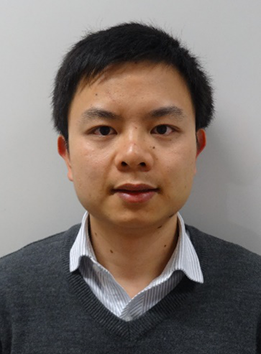
Dr. Huang received his PhD degree from SOKENDAI University and worked as a postdoctoral researcher in NIFS, Japan. He has studied and worked in the fields of plasma diagnostics and transport on several magnetic confinement fusion devices, including EXL-50, LHD, HL-2A and W7-X, and has published 7 refereed papers.
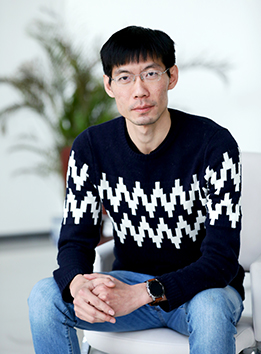
Xin ZHAO received his B.S. in computer science and technology from Peking University. Previously, he worked on plasma chemical vapor deposition equipment and thin-film solar panels development and was granted 3 invention patents. He is currently focused on fusion device development at ENN-FTRC.
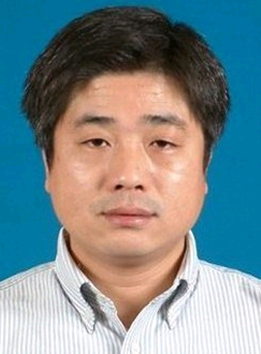
En-wu YANG earned his bachelor’s degree in precision instrumentation from Tianjin University of Technology. He played a leading role in more than 60 automation projects in energy, chemical, metallurgy and other industries. He is also familiar with PLC, DCS, instrument, electrical equipment, high speed data acquisition and advanced process control system. Now he is mainly engaged in the research of fusion control system.

Wenwu LUO received his bachelor's degree in Electrical Engineering and Automation from Harbin University of Science and Technology. Prior to joining ENN, he was engaged in the design of large power generation equipment, fault diagnosis, capacity increase and renovation of generator sets in thermal power stations. Now his research focuses on power supply of pulse generator.
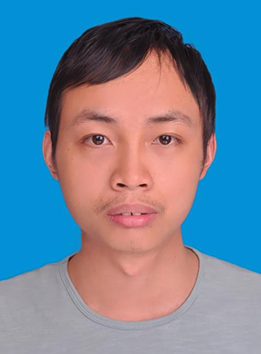
Peihai ZHOU received his master degree in Power Electronics & Electrical Drives from Southwest Institute of Physics (SWIP). His research is focused on high power high voltage power supply system and high power pulse converter technology.
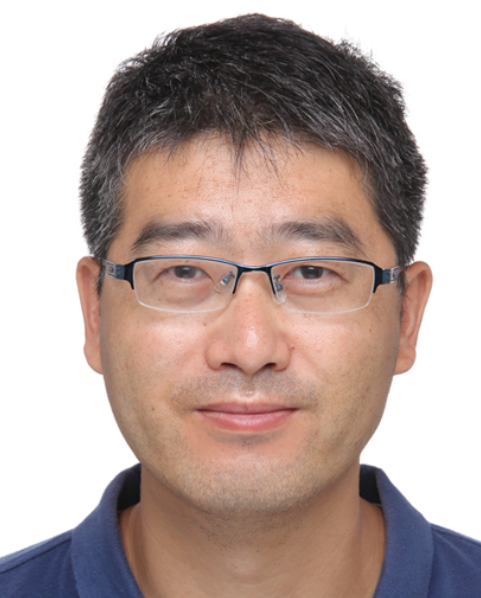
Dr. Shi received his bachelor's degree in nuclear physics from Lanzhou University and Ph.D. in plasma physics from Institute of Plasma Physics, Chinese Academy of Sciences. His research is focused on plasma diagnostics and fusion experiments. He has long working experiences in several tokamak machines which include HT-7, ASDEX-UPGRAD, EAST, KSTAR and VEST. At present, Dr. Shi is steering the experimental project of EXL-50 at ENN-FTRC.